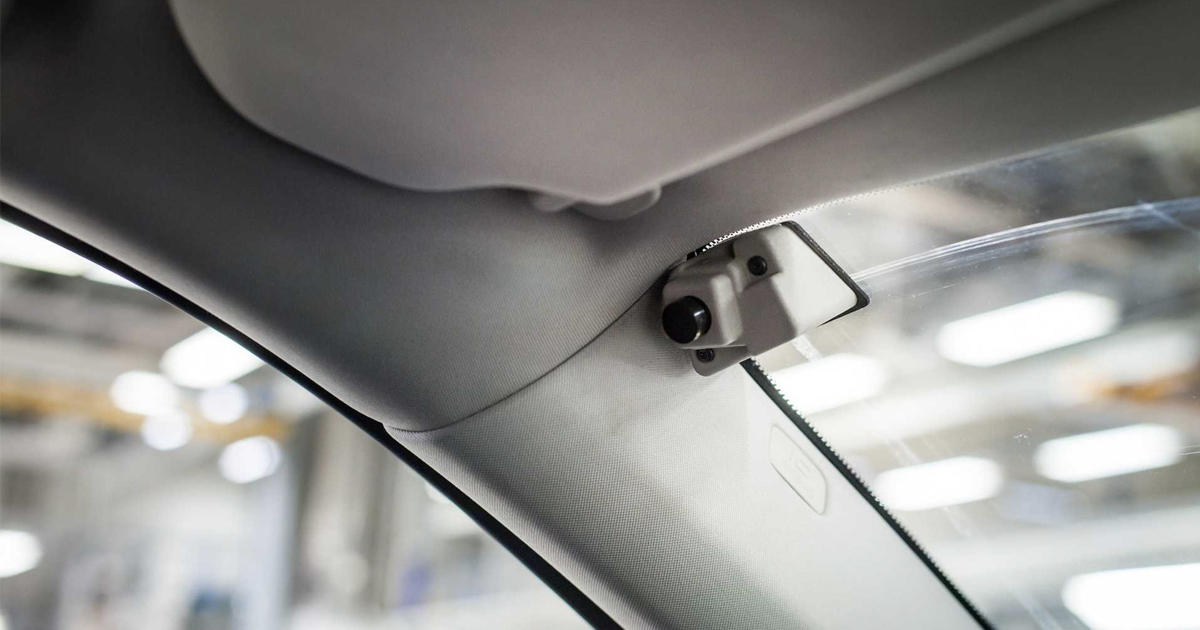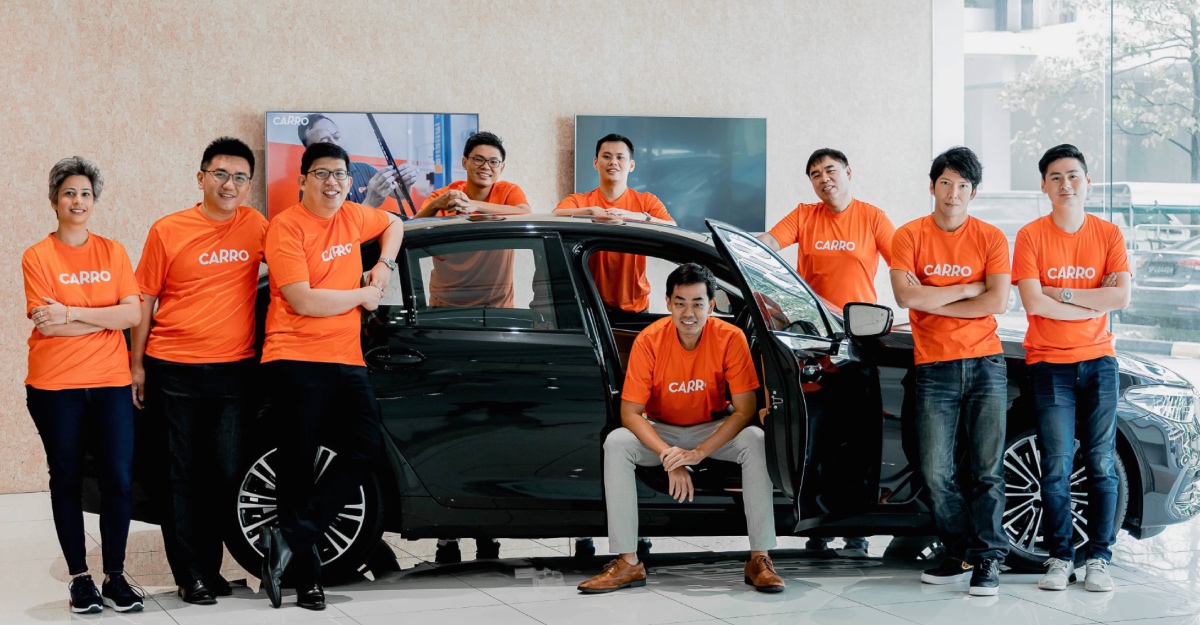Earlier this month, the Land Transport Authority (LTA) revised its guidelines to allow taxis and private-hire operators to take audio recordings in their cars.
Previously they were allowed to equip cars with inward-facing in-vehicle recording devices (IVRDs) that only take video, without audio.
The updated guidelines take effect today (15 July 2019), and Gojek is the first company to announce that it’s on board.
According to Straits Times, Gojek sent out a message to inform users that they will be allowing inward-facing video and audio recorders in their cars.
Gojek users would have received an email that introduces and explains a guide to in-vehicle recording devices in Gojek cars.
A similar guide with more details can be found in the app’s ‘Help’ tab, under ‘General’.

On this page, Gojek explains that the IVRDs are intended to “improve safety and security” and assures users that only “relevant authorities like the Singapore Police Force and LTA” will have access to the recordings—not even the driver can view them.
Additionally, the video footage and audio recordings will only be kept for up to seven days.
Although Gojek is moving forward to adopt inward-facing IVRDs, the company will not be ultimately making the decisions to install them.
“The decision to install an IVRD is taken by the individual vehicle owners and fleet partners—and we will work together with them to ensure they understand their responsibilities under these new guidelines,” a Gojek spokesperson told Vulcan Post.
These responsibilities include ensuring that the IVRD installed is from an LTA-approved supplier.
If a user gets paired with a vehicle that has an IVRD, they will receive a notification to let them know once the booking is confirmed.
Gojek advises that riders who receive the notification but don’t wish to be recorded can cancel the ride and book a new one.
“We are committed to providing a great ride-hailing experience in Singapore and will work closely with the LTA to understand and adhere to the new IVRD regulations,” said the spokesperson.
While the firm believes IVRDs will improve safety and “help to resolve issues” between drivers and riders, they emphasise that users should still approach Gojek’s customer care team, via the in-app help function, as the “first port of call”.
At the moment, Grab has not installed any IVRDs in its cars yet, but the company hasn’t stated if they will implement this in the future.
Singapore taxi companies have not revealed any decisions on the matter either.
Featured Image Credit: Motor1








